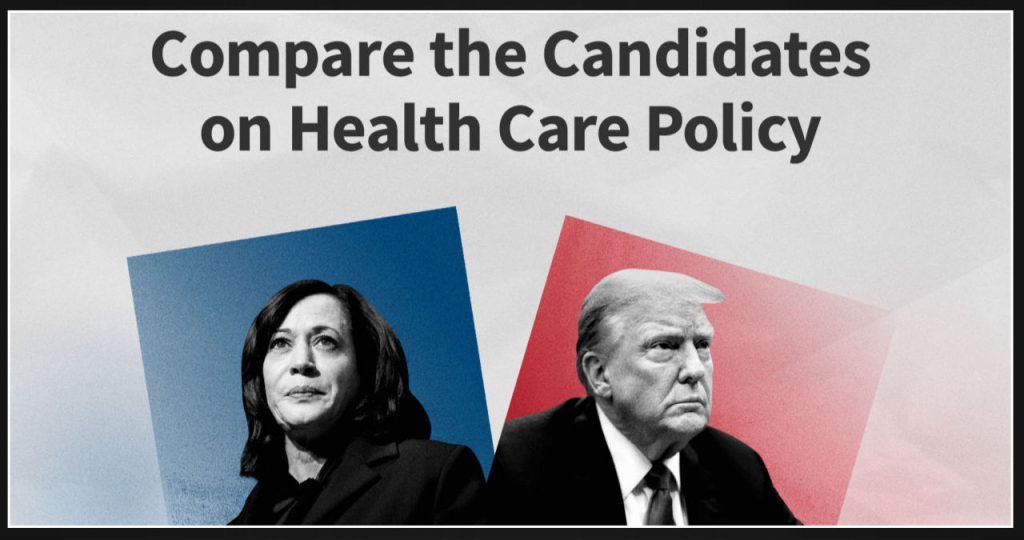The belief that health care is a government responsibility has reached its highest point in over a decade, with 62% of Americans supporting this view, according to a recent Gallup poll. This marks a significant increase from the 42% recorded in 2013 during the initial rollout of the Affordable Care Act (ACA), also known as Obamacare. The trend highlights a shift in public opinion, with growing support for government involvement in health care amid debates over potential cuts to programs like Medicaid and the ACA.
Historically, Americans were largely in favor of government-led health care, with support peaking at 69% in 2006. However, the introduction of the ACA during Barack Obama’s presidency saw a decline in this sentiment, as many opposed the expansion of government involvement in health care. Between 2012 and 2014, public opinion leaned against government responsibility, particularly among independents and Republicans. Yet, by the end of Obama’s tenure, attitudes began shifting back, and a majority now consistently favor government responsibility for ensuring health care access.
Notably, support has grown across political lines. Among Republicans, the percentage of those viewing health care as a government duty rose from 22% in 2020 to 32% today. Similarly, 65% of independents now share this view, up by six percentage points. Democrats, as expected, remain overwhelmingly supportive, with 90% agreeing — the highest level recorded by Gallup.
Despite this rising support, Americans remain divided on how health care should be managed. Forty-six percent favor a government-operated system, akin to those in Canada or the U.K., while 49% prefer a system based on private insurance. This split mirrors trends last seen in 2017, with private insurance historically holding the majority’s favor.
This renewed faith in government health care coincides with Republican plans to target health care spending. With President-elect Donald Trump and a Republican-controlled Congress eyeing tax cuts — including a renewal of $4 trillion in tax reductions from the 2017 Tax Cuts and Jobs Act — Medicaid and ACA funding could face significant reductions. Larry Levitt, a health policy expert from KFF, explains that such cuts are likely, given that defense, Medicare, and Social Security spending are expected to remain untouched.
While Trump has promised not to cut Medicare and Social Security, Medicaid, as the next largest federal expense, is a prime candidate for spending reductions. Though Trump has retreated from earlier vows to fully repeal the ACA, experts warn that cuts to Medicaid and ACA subsidies remain probable. Gallup reports that public approval of the ACA stands at 54%, a slight dip from its peak of 55% in 2017, when Trump’s initial repeal efforts failed.
Health care remains politically contentious, but public support for programs like the ACA is higher than ever. Larry Levitt notes, “While a full repeal of the ACA is unlikely, targeted cuts to Medicaid and ACA subsidies are realistic if Republicans pursue tax cuts.” During his vice presidential debate with Kamala Harris, Trump alluded to “concepts of a plan” to replace the ACA, though specifics remain unclear.
As Americans increasingly view health care as a government responsibility, the coming months could shape the future of the nation’s health care system, with potential clashes between public opinion and fiscal policy on the horizon.
